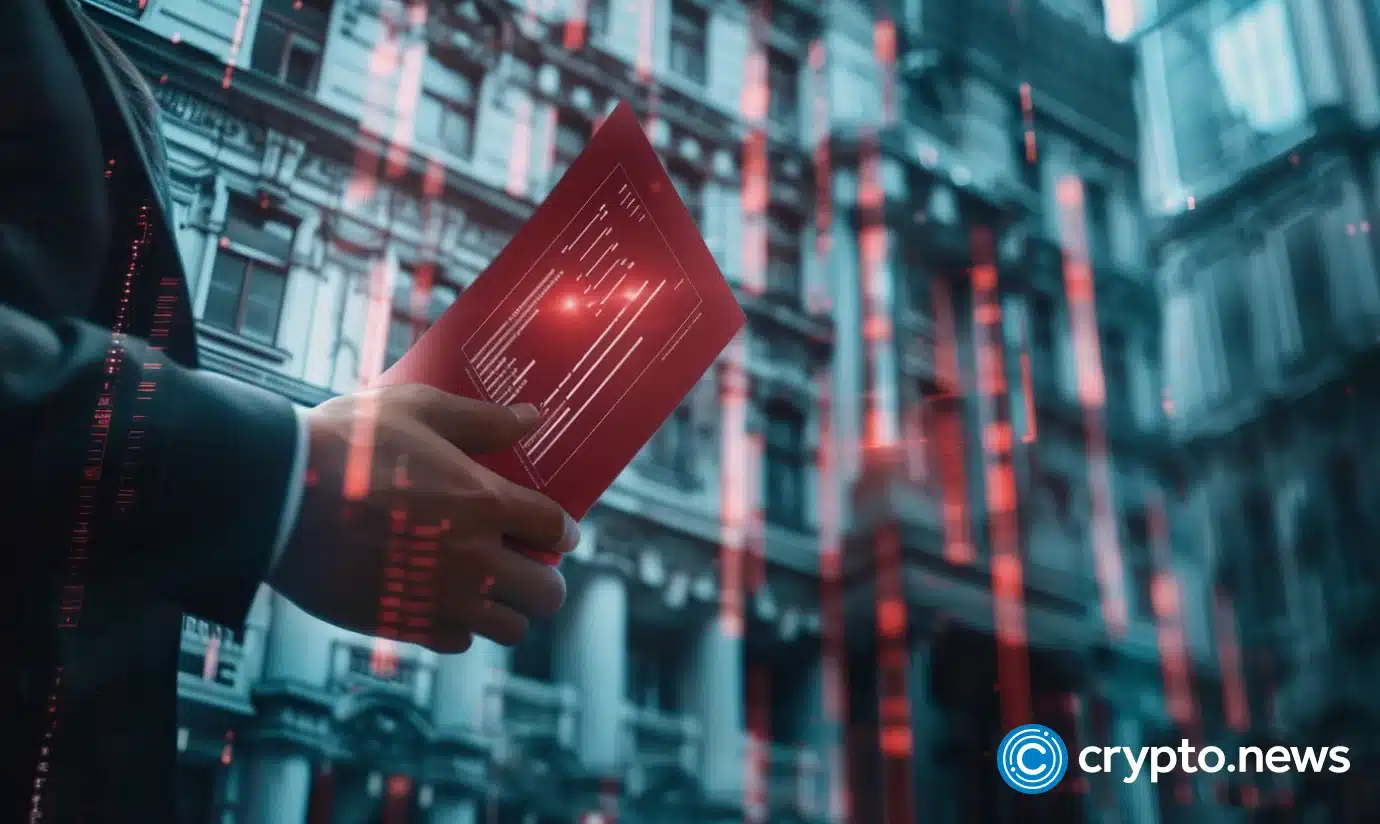Lawmakers, crypto heavyweights and banking executives argue that a SEC policy on crypto custody and accounting harms U.S. investors and stifles innovation, but Joe Biden disagrees.
Washington is gearing up for an almighty fight about a controversial SEC ruling.
There was a significant breakthrough last week when the House of Representatives voted to repeal Staff Accounting Bulletin (SAB) 121.
What is SAB 121?
SAB 121 requires public companies to account for and disclose the obligations and risks of safeguarding customers’ crypto assets. The policy is controversial due to its potential to complicate financial reporting and increase operational burdens.
These rules were implemented in 2022 and have drawn fierce criticism from across the crypto industry, as well as from banks who claim the measures have effectively stopped them from offering digital asset services.
The US Senate voted on May 16 to overturn the SEC guidelines, but SAB 121 critics are not out of the woods yet.
The Senate ruling still needs to receive presidential approval. However, President Joe Biden has declared that he is prepared to veto the resolution to scrap SAB 121 altogether. A statement from the White House made clear the administration support of SAB 121, saying:
“SAB 121 was issued in response to demonstrated technological, legal, and regulatory risks that have caused substantial losses to consumers … Limiting the SEC’s ability to maintain a comprehensive and effective financial regulatory framework for crypto-assets would introduce substantial financial instability and market uncertainty.”
White House statement
SEC faces pushback
Some Democratic lawmakers have been urging SEC chair Gary Gensler to withdraw SAB 121 of his own accord, rather than wait for Congress to do it.
One of them is Congressman Wiley Nickel, the representative for North Carolina’s 13th District, who says he’s confident that Joint Resolution 109 will pass the Senate.
Nickel argues that getting rid of SAB 121 would better protect investors and ensure that the U.S. is competitive on a global stage. Banks with a strong track record of providing fiat custody services would be able to extend their offering to crypto. Seeing as crypto projects like Voyager and Celsius failed to protect their customer assets even after SAB 121 was enforced, some have argued that the regulation was ineffective from the beginning.
In a letter to Gensler, Congressman Nickel stated:
“The SEC’s open hostility toward the digital assets industry isn’t serving President Biden’s best interests. The SEC is turning cryptocurrency regulation into a political football and forcing President Biden to choose sides on an issue that matters to many Americans.”
Congressman Wiley Nickel
Nickel warned Gensler that SAB 121 amounts to a “prohibitively expensive regulatory burden” — and means U.S. consumers have little choice but to rely on “riskier offshore custody solutions.”
Nickel went on to criticize the SEC’s approach to digital assets as “misguided” — and pointed to concerns about how SAB 121 was enforced. While staff accounting bulletins are traditionally meant to serve as guidelines on best practices, he accused the commission of a “breach of the rulemaking process” because of how one was used to enact new policies.
‘Insanity’ — Consulting Firm Founder Blames SAB 121 for FTX Debacle
Austin Campbell, the founder of Zero Knowledge Consulting, has described SAB 121 as “insanity” — not least because it was “unilaterally adopted with no consultation” and “damages the rights of crypto holders in a bankruptcy.” Campbell took to social media, stating:
“It’s entirely possible this rule is part of what caused FTX, as without it, there could have been regulated custodians in the U.S. serving customers and exchanges, which would have prevented the self-dealing and theft.”
Austin Campbell
He went on to warn that major financial institutions strongly dislike SAB 121 because they are being locked out of growing demand for exchange-traded funds based on Bitcoin’s spot price.
Cardano founder Charles Hoskinson has also been highly critical of Biden’s stance on digital assets — claiming his administration has been attempting to destroy the U.S. crypto sector.
He went on to argue that it’s inappropriate for the SEC to use 90-year-old legislation to regulate crypto, and the heavy-handed approach to regulation has already forced a number of legitimate exchanges and trading platforms to move elsewhere — benefitting rival economies through job creation and tax revenues.
With a veto looming on the horizon, this saga is far from over. It’s going to be interesting to see how lawmakers on Capitol Hill — not to mention industry leaders in TradFi and crypto — react.

